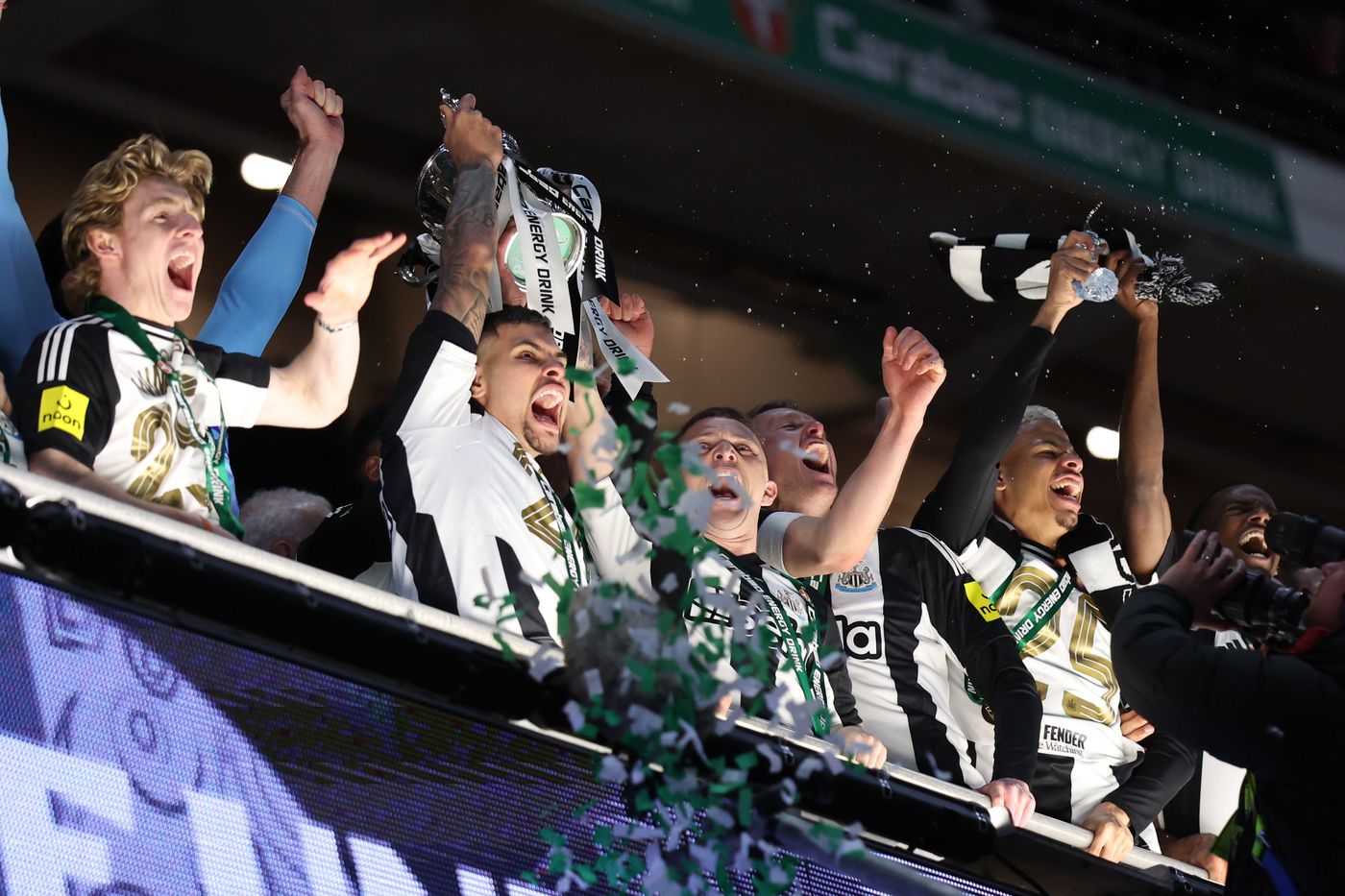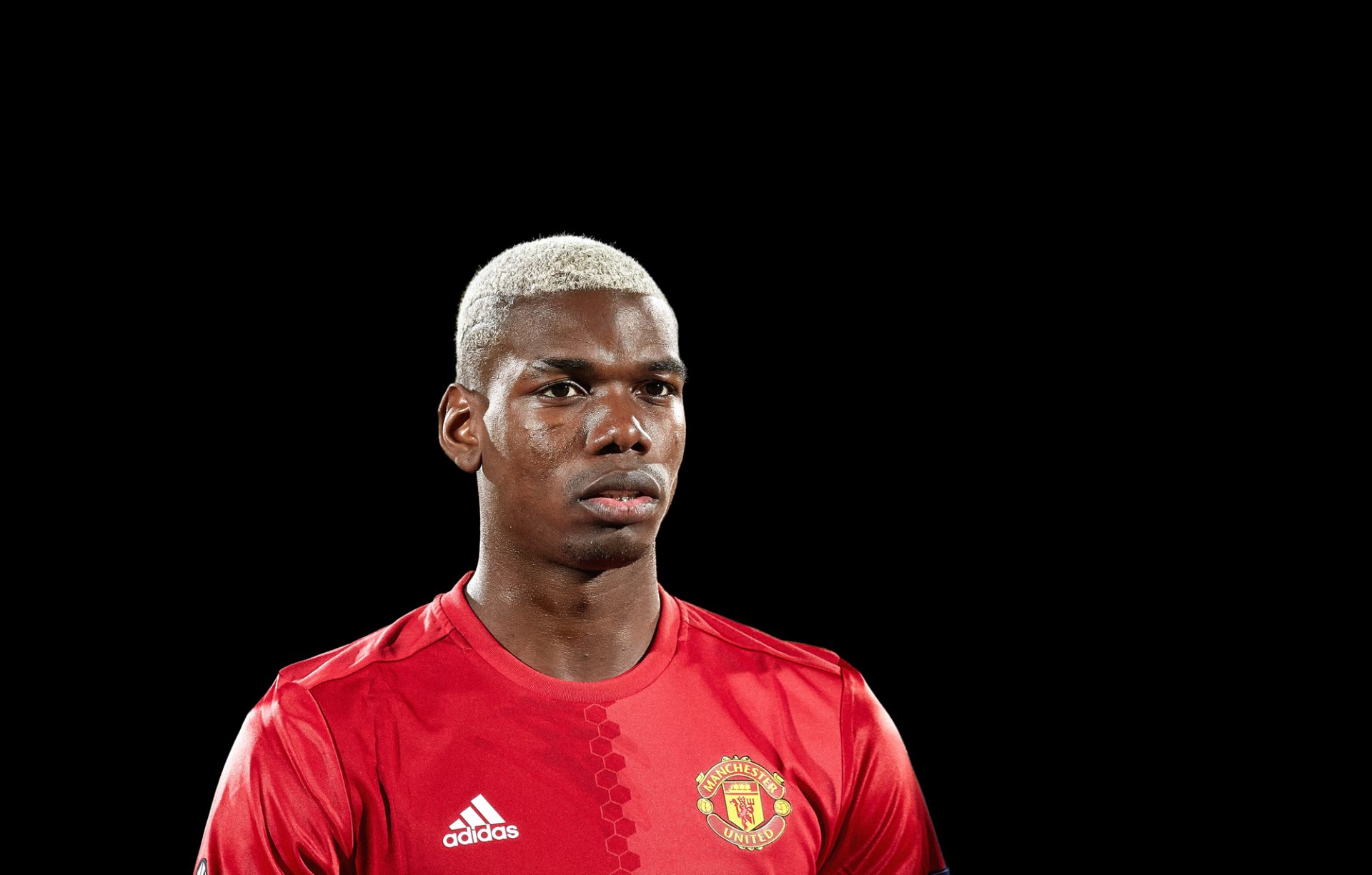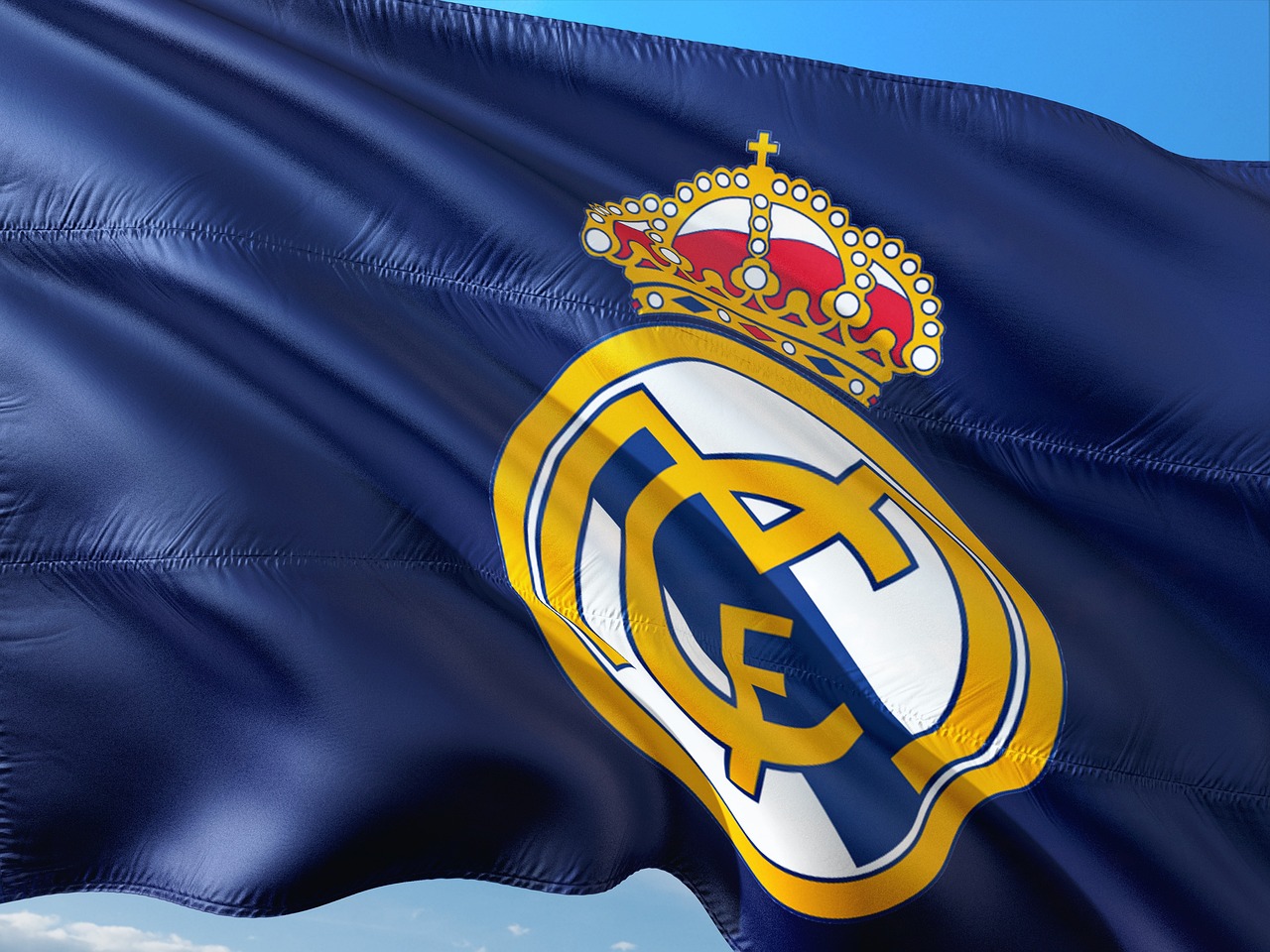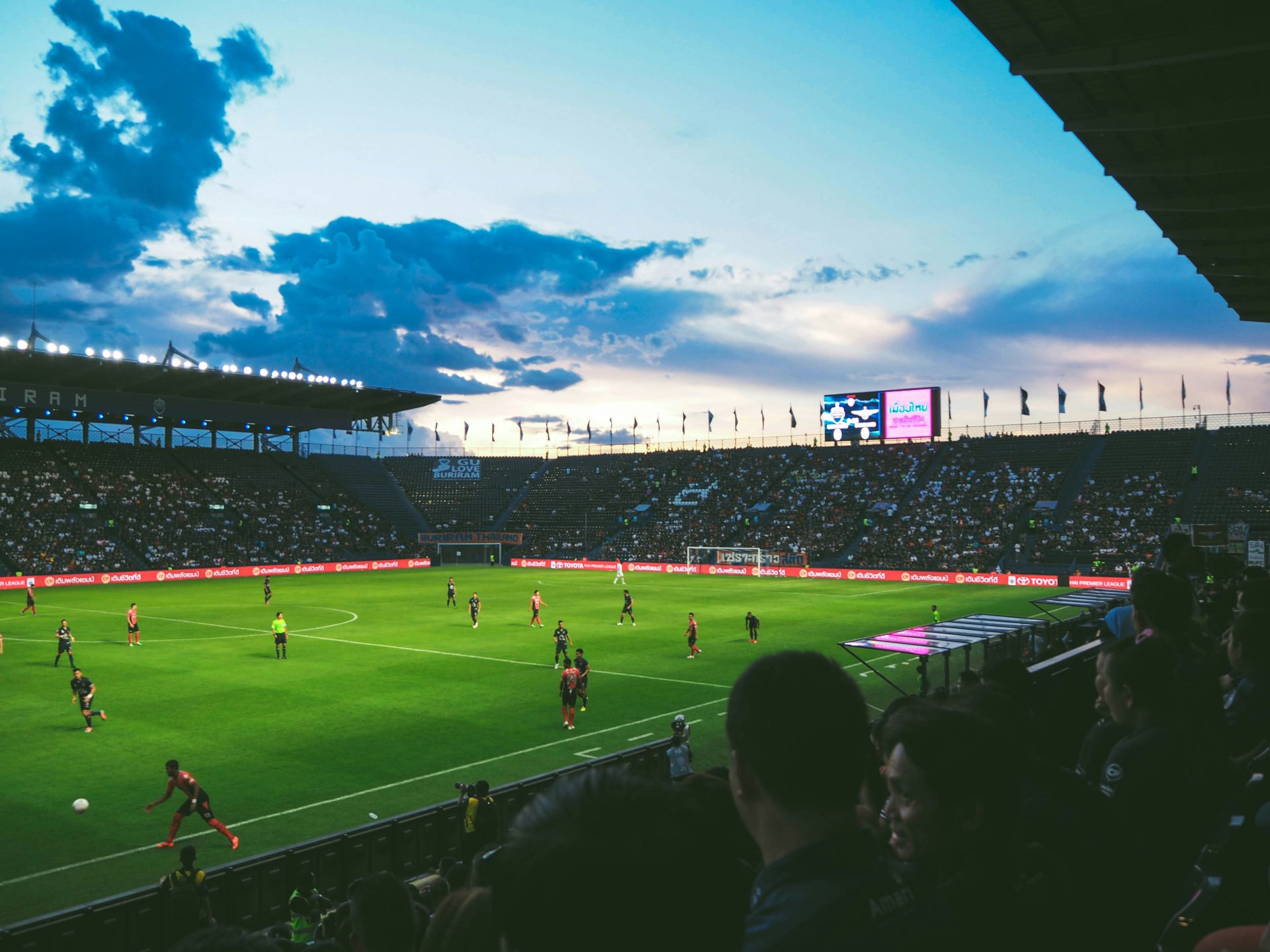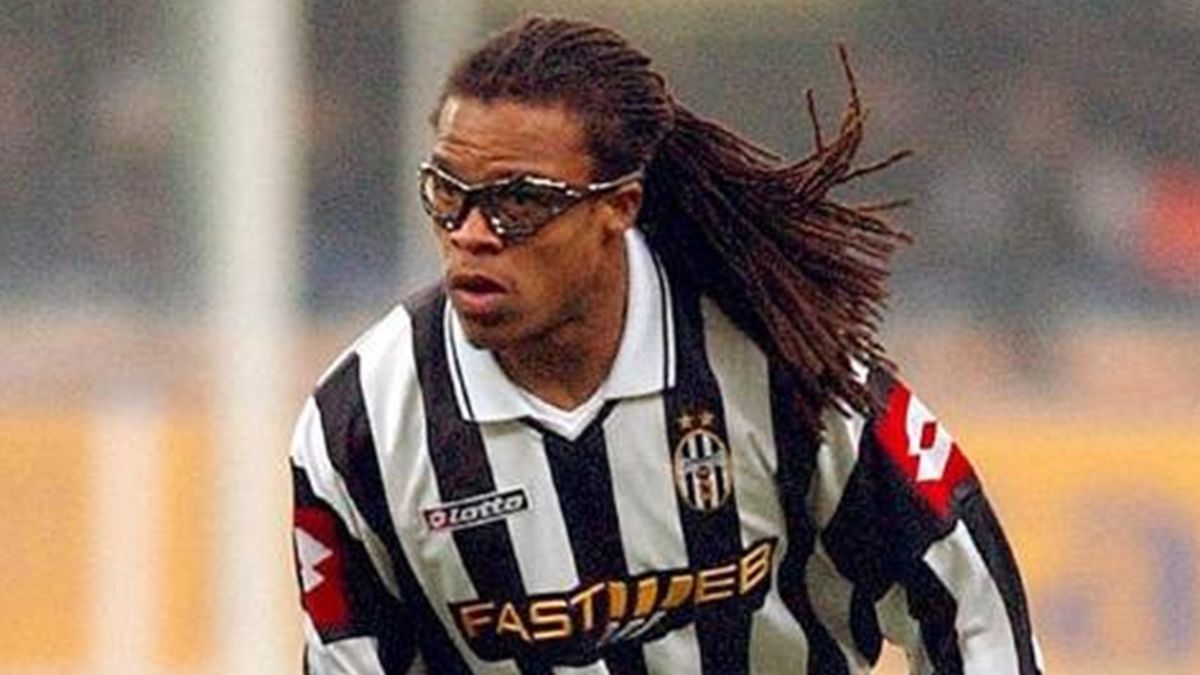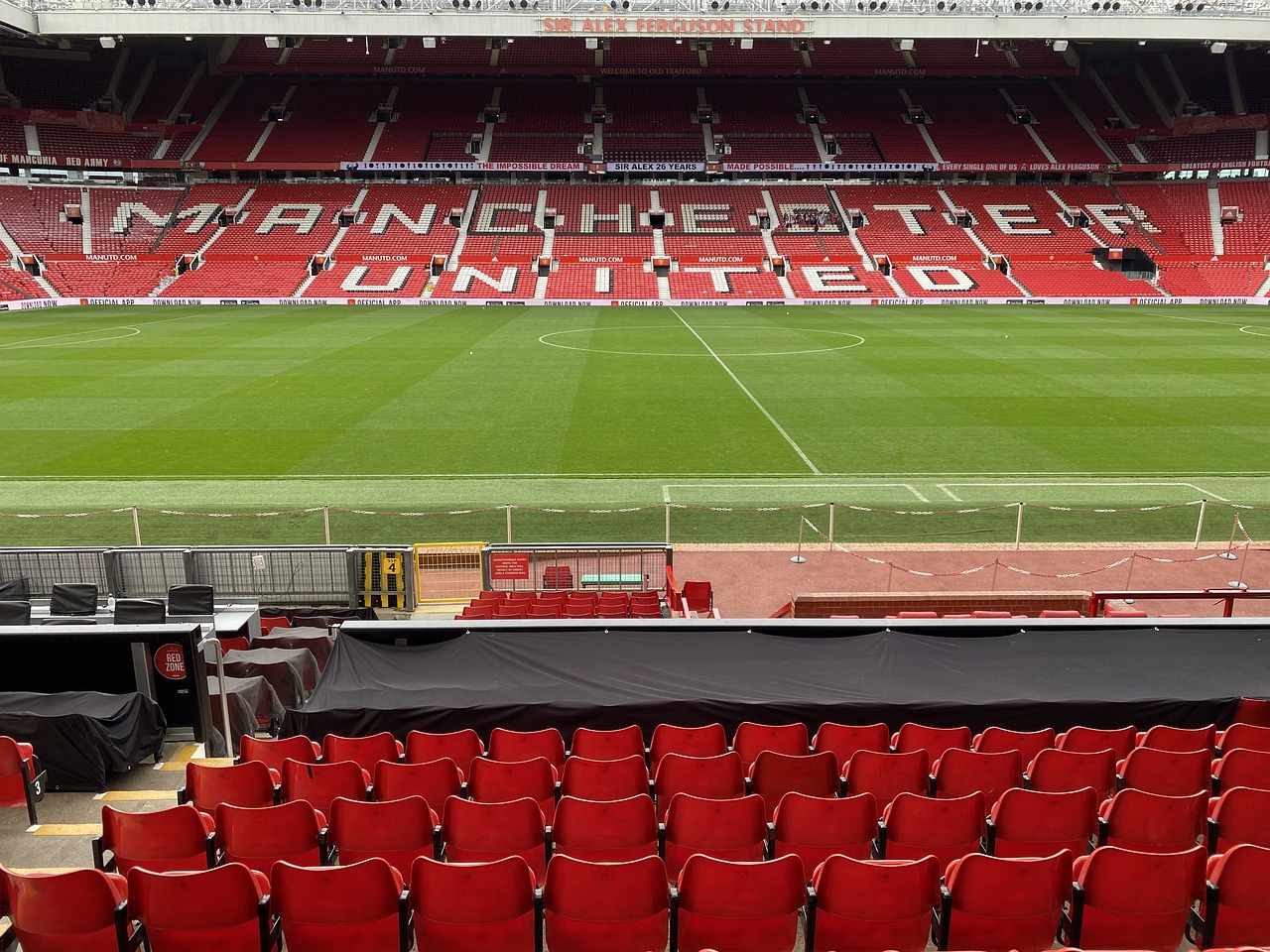The Dramatic Fall of Valencia CF
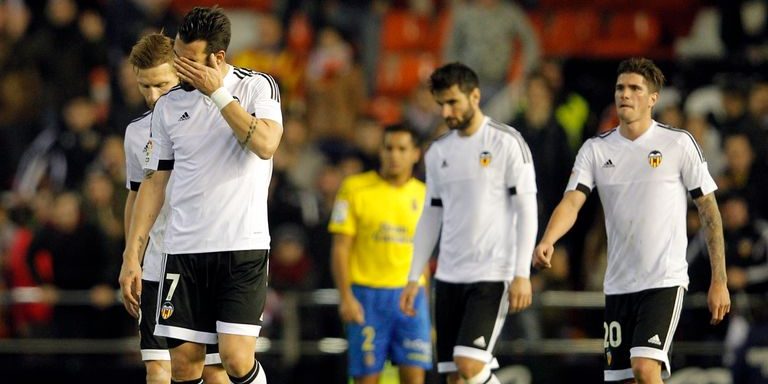
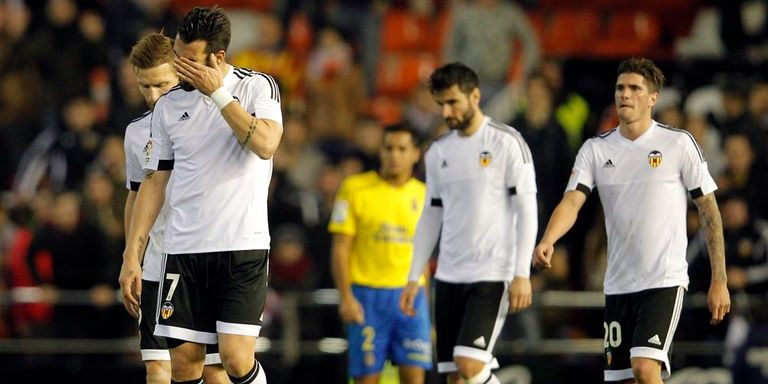
Table of Contents
Spanish football has largely been a duopoly for as long as anybody can remember. FC Barcelona and Real Madrid, more often than not, sweep up the domestic trophies each season. Oassionally, though, a third club upsets the order and that has been Atletico Madrid in recent years.
However, before this, the third team in Spanish football was Valencia CF. Los Che were two-time La Liga champions in the 2000s and made the final of the UEFA Champions League twice around the turn of the millennium.
Casual viewers of La Liga may not realise the seriousness of the situation surrounding Valencia, but it’s a dire one and will likely get worse before it gets better. So, how has this happened? And what does the future have in store for this historic Spanish football club?
The Rise of Valencia CF
The start of Valencia’s most recent golden age can be traced back to the 1998-99 season. Los che achieved a cup double, etching their names onto both the Copa del Rey and UEFA Intertoto Cup that season, thanks in part to Claudio Lopez’s 38 goals that season.
UEFA Champions League qualification would follow thanks to their fourth-place La Liga classification in 1998-99. Back-to-back finals followed for Valencia, but the club would fall short on both ocassions. The 2000-01 final, in particular, was a bitter pill to swallow, as they lost on penalties to Bayern Munich.
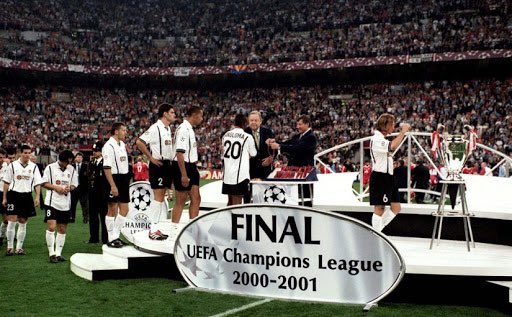
The future, though, appeared to be bright, and two La Liga titles (their first since 1970-71) and a UEFA Cup (now the UEFA Europa League) victory in the next three seasons backed up that feeling. The good times though, wouldn’t last forever, as multiple factors combined to send Valencia into the doldrums.
The Fall of Valencia CF
While no more league titles would follow after 2003-04, Valencia were still firmly one of the “best of the rest” clubs in La Liga. Los che would regularly qualify for the Champions League and claim the 2007-08 Copa del Rey crown.
This, though, would be Valencia’s last silverware of any kind for over a decade, as they flew too close to the Sun and came crashing back down to Earth.
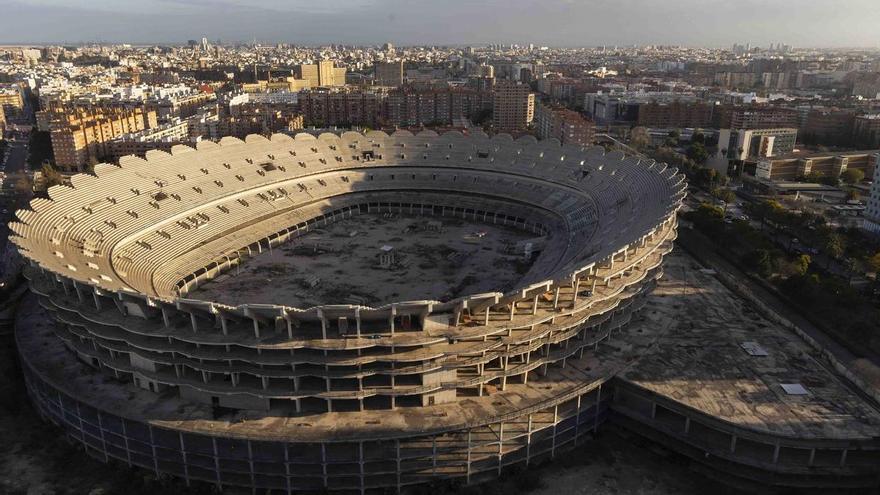
The Estadio Mestalla is a cathedral of football and one of Spain’s most iconic stadiums. With a capacity of almost 50,000, it’s huge, but it’s significantly smaller than the maximum capacity of Barcelona’s Nou Camp and Real Madrid’s Santiago Bernabéu.
To compete, Valencia had to level up their stadium, in both overall capacity and corporate and hospitality facilities. The “Nou Mestalla” was commissioned in 2006 and work began on the new 80,000 all-seater stadium in 2007.
However, as anybody who lived through it will know, the 2008 Financial Collapse put pay to any large construction projects currently ongoing. In 2009, construction was halted due to funding issues, as Spain was one of the worst-hit countries in Europe by this global recession.
This is only the beginning
Despite a revised capacity announced in 2013, the Nou Mestalla hasn’t been completed. In fact, the stadium is a hulking parasite that is a drain on Valencia’s finances. Unable to finish their new ground while being limited by their current one is crippling their finances.
Estimates on how much debt Valencia CF are currently in vary, but everybody agrees that it’s a lot. All estimates put it at least 400 million Euros and that number is climbing. As bad as this was though, on the pitch, things were far from distastrous.
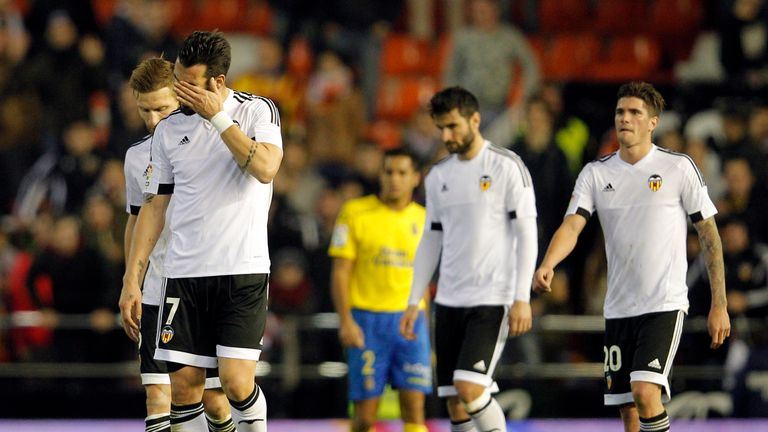
Valencia were in the Champions League knockouts as recently as the 2019-20 season and were Copa del Rey runners-up last campaign. This season has highlighted how quickly things can go pear-shaped, though.
At the time of writing Valencia are in 17th place in La Liga, only out of the relegation zone by virtue of their record against 18th-placed Getafe. There are five games remaining in the season and survival would be a positive for Valencia.
The issue is though, that is largely delaying the inevitable. While Valencia’s income is significantly larger than the likes of the clubs at the bottom of La Liga, they also have outgoings as big as all but the top two in Spain.
Even if Valencia survive this season, it’ll largely be kicking the can down the road. Given that they have fixtures against Real Madrid and a high-flying Real Betis still to go, survival is not a certainty.
What is certain though is that it’ll be another season outside of European competition for Valencia, which will only escalate the problem. We could very well be labeling Valencia as a fallen giant in European football, if they aren’t already that anyway.



